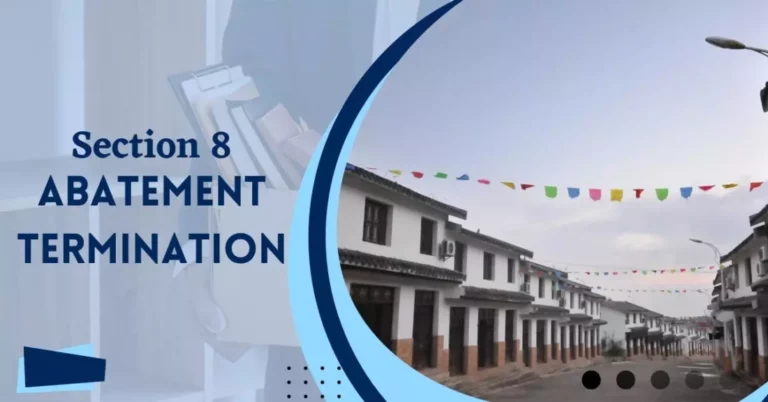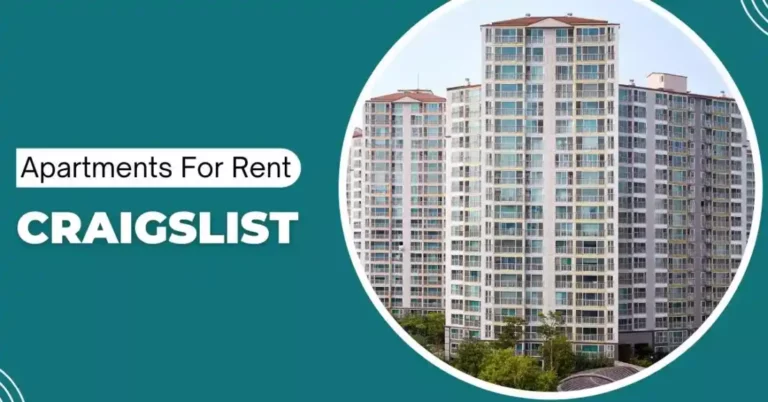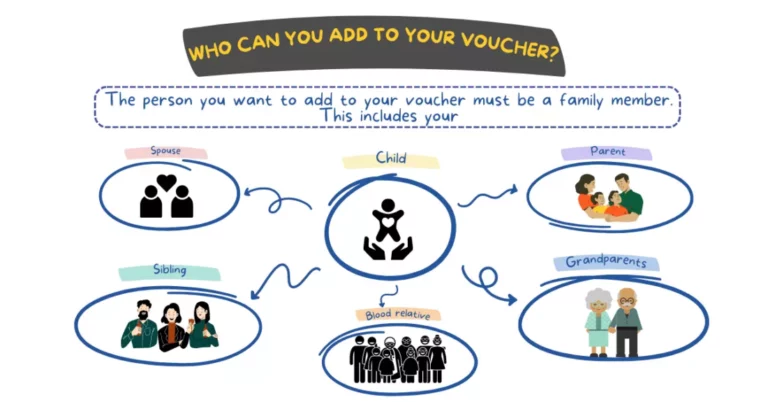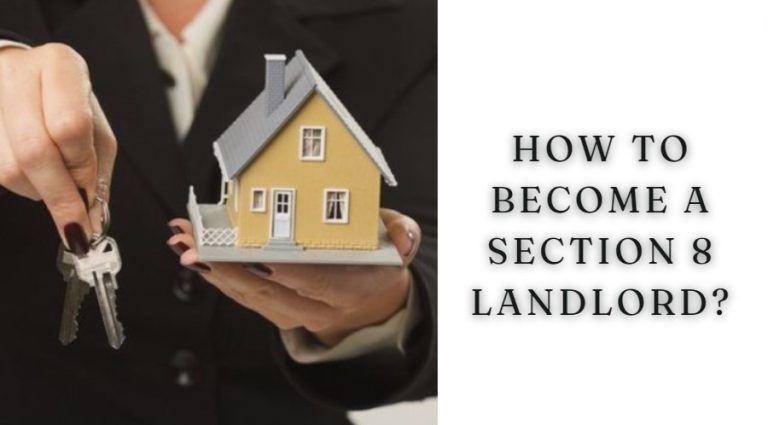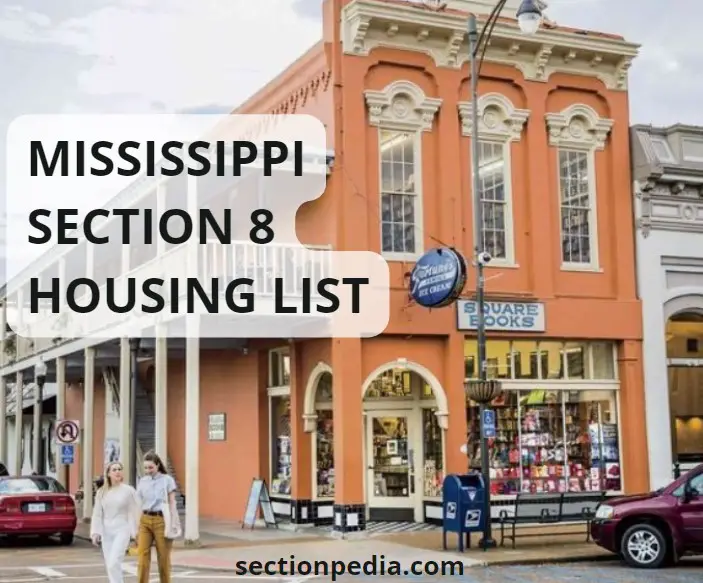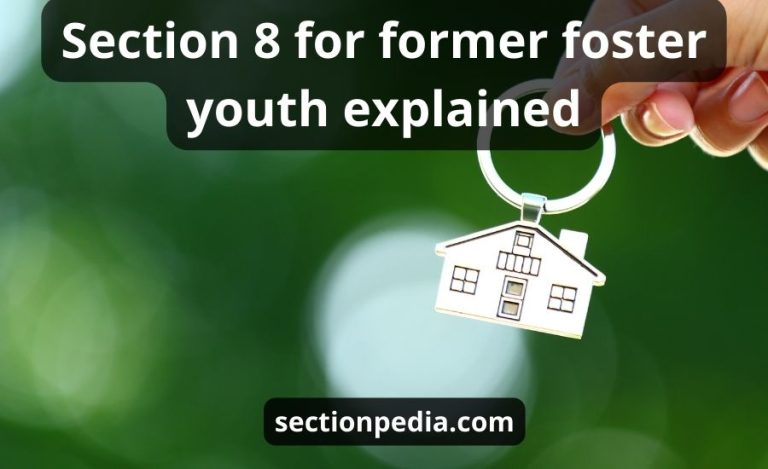How Does Section 8 Find out if Someone is Living with You?
Welcome, dear readers, to today’s exploration of a topic that holds significant relevance in the realm of affordable housing: “How Does Section 8 Find out if Someone is Living with You?” In our quest to understand the intricacies of the Section 8 housing program, we often encounter questions that go beyond its fundamental purpose.
One such question revolves around the meticulous process through which Section 8 determines household composition. This inquiry is not merely about administrative procedure; rather, it sheds light on the program’s commitment to transparency, equity, and the fair distribution of resources.
In this article, we will delve into the mechanisms employed by Section 8 authorities to ascertain who resides within a participant’s household and why this verification process is pivotal for both program integrity and the well-being of its beneficiaries. So, let’s embark on this journey of comprehension together, as we unravel the nuances of Section 8’s methodology for identifying household members.
The following points will be covered:
- Overview of Section 8’s goals and objectives.
- Methods used by Section 8 to determine household composition.
- Importance of accurate household composition for Section 8 participants.
How Does Section 8 Find out if Someone is Living with You: 5 main ways
Well, I propose to immediately move on to consider the question of how does Section 8 find out if someone is living with you. I think some options are familiar to you, and a few may be unexpected. First, let’s take a quick look at the table, after that, I’ll highlight a few more important aspects. I would like you to understand the main message here – when a guest stays with you for an extended period, they can officially become a tenant.
| Way | Description | Frequency |
|---|---|---|
| Landlord Reporting | Landlords ensure that only listed occupants reside in Section 8 units. They report unauthorized occupants. | I know that it is common, as it constitutes primary control by property owners. |
| Social Worker Observations | Social workers may notice unauthorized occupants during home visits or through information from children. | Can occur, but not as frequently, as it depends on the frequency and regularity of home visits by social workers. |
| Annual Recertification | Section 8 eligibility is contingent upon annual income and household composition reviews. | In my experience, it is conducted annually as it’s a necessary stage to confirm eligibility for the program. |
| Regular Inspections | Housing authorities conduct routine inspections to ensure compliance with Housing Quality Standards. | Common, as it’s a regular control mandated by the program. |
| Data Cross-Referencing | Housing authorities compare data to identify inconsistencies indicating unauthorized occupancy. | Common, as it’s an effective means of detecting violations. |
Well, let’s start with the first and most common option – Regular Inspections. As I already wrote, this is a standard situation that is typical for participants in Section 8.
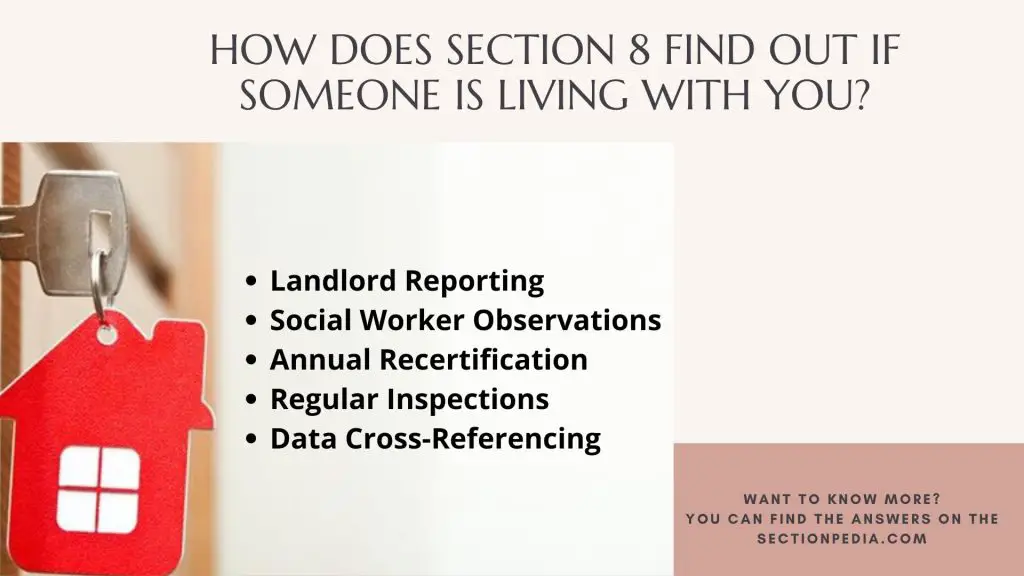
It’s important to note that HUD inspections are thorough and may involve more than just a cursory glance. Inspectors can look at personal belongings, toiletries, the number of dishes, and anything that may indicate the presence of another person permanently staying in this housing. Inspectors also take note of personal items and assess their usage and ownership.
Read also: How To Buy Section 8 Properties?
Section 8 and unspecified Tenants: What Happens If I Break Section 8 Rules?
Well, if you want to take the risk of living with a boyfriend on Section 8 or hosting a girlfriend and not registering it with the housing society, I would like to warn you.
Firstly, you risk losing your rental assistance if the housing authority discovers undisclosed occupants. This risks you not being able to cover your rent and, of course, eventual eviction.
You might have to repay rental assistance for the entire period if an unregistered person lived with you. And don’t assume it’s hard to detect. The exact duration of their stay isn’t necessary; if they lived with you during a month when you received assistance, that’s sufficient. For this month you will be required to pay back the assistance.
Worst-case scenario, you could face legal proceedings. If there’s suspicion of fraud, you may face legal action, potentially leading to a court trial. Depending on the severity, consequences could range from fines to imprisonment.
Therefore, I recommend that you carefully convey all the details of your updated data to the Section 8 housing authority and indicate all changes.
What do Section 8 inspectors pay the most attention to during an inspection?
These details can significantly impact the trust that Section 8 housing authorities place in you.
I don’t want you to feel panicked or anxious about the arrival of inspectors after reading my words. It’s essential to recognize that they are simply fulfilling their duty – ensuring compliance with regulations. Their goal is to ensure that those who genuinely require subsidized housing reside in it legally and adhere to the Section 8 standards established during move-in.
Section 8 and Neighbor Reports: How might this affect my stay in subsidized housing?
Drawing from my extensive experience handling complaints from neighbors in various situations, I can identify several primary reasons:
In reality, some complaints from neighbors can be quite trivial, stemming from personal grievances. It’s important to acknowledge this possibility and strive to find common ground. However, there have been instances where such complaints have genuinely aided in halting dangerous illegal activities conducted by residents.
Section 8 Data Discrepancies: What to Do?
The situation with incorrect information about your family or income can become a serious problem when participating in the Section 8 program.

For your convenience, I have prescribed 3 main problems for you and ways to quickly solve them. Save it for yourself, but I hope that everything will be for you and it will just be a photo in the gallery.
| Problem | Solution |
|---|---|
| Mismatched addresses | Discuss with neighbors the possibility of unauthorized occupants. Verify the accuracy of your address information. |
| Unreported income | Gather documentary evidence of unreported income and discuss it with Section 8 agents. |
| Inconsistent household member info | Contact Section 8 agents to clarify information about household members and discuss possible next steps. |
FAQs
Can my boyfriend live with me under Section 8?
Whether your boyfriend can live with you under Section 8 depends on local regulations and household composition. Only approved individuals listed on the lease can reside in subsidized housing.
Can someone live with you on Section 8 in PA?
In Pennsylvania, someone can live with you under Section 8 if they meet eligibility criteria and are approved by the housing authority. Typically, only approved individuals listed on the lease can reside in subsidized housing.
How long can a guest stay in my apartment in Pennsylvania?
The length of time a guest can stay in your apartment in Pennsylvania can vary depending on the terms of your lease agreement and the policies of your landlord or property management company. Generally, guests are allowed to stay for a short period, such as a few days or weeks, but extended stays may require approval from your landlord or could potentially violate the terms of your lease.
What is the difference between a guest and an occupant?
A guest is someone who stays temporarily with your permission, while an occupant is a more permanent resident listed on the lease or rental agreement.
Is an occupant the same as a tenant?
An occupant is not necessarily the same as a tenant. An occupant is someone who resides in a property, whether temporarily or permanently, but may not have legal rights and responsibilities outlined in the lease or rental agreement. A tenant, on the other hand, is someone who has signed a lease or rental agreement and has specific legal rights and responsibilities regarding the property. While tenants are occupants, not all occupants are tenants.
Who Can Live With You On Section 8?
Who can live with you on Section 8 depends on several factors, including the specific regulations of the Section 8 program in your area and your household composition. Typically, only individuals listed on the lease and approved by the housing authority can reside in the subsidized housing unit. This may include family members, dependents, and other individuals who meet the eligibility criteria set by the housing authority.
Can Guests Stay With You If You’re Getting Section 8?
Guests are generally not permitted to become permanent residents without approval from the housing authority, as Section 8 is intended to provide housing assistance to eligible individuals and families based on their household composition.
What is the HUD definition of a guest?
The U.S. Department of Housing and Urban Development (HUD) doesn’t have a specific definition of a guest. However, in the context of housing assistance programs like Section 8, a guest is generally considered someone who stays temporarily with the tenant or leaseholder with the tenant’s permission but is not a listed member of the household on the lease or rental agreement. The duration of a guest’s stay and any limitations on their presence may be governed by the rules of the housing authority or the terms of the lease agreement.
Can My Boyfriend Live With Me If I Have Section 8?
Typically, individuals not listed on the lease must receive approval from the housing authority to reside in the subsidized unit. This approval may be contingent on factors such as income, household size, and other eligibility criteria.
Conclusion
In the assessment process of Section 8 housing applications, it’s crucial to recognize that the organization employs various methods to verify residency information. This includes scrutinizing the income data of all declared occupants and conducting housing inspections and other measures to confirm actual residency. Understanding these procedures can help applicants prepare for necessary checks and ensure compliance with program requirements.

